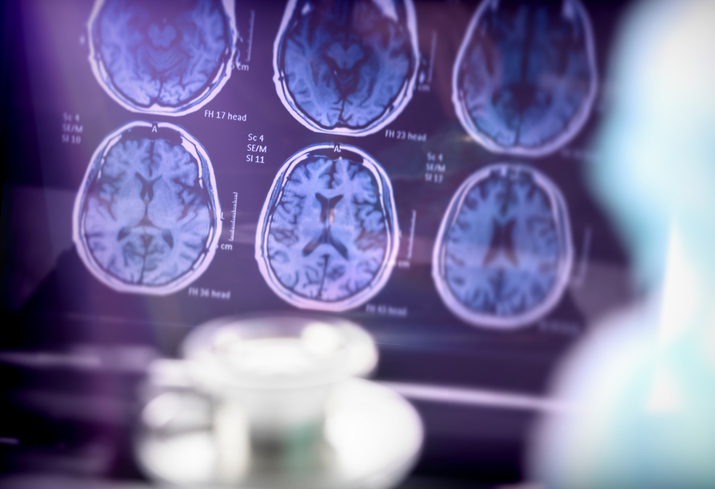2023-07-19
Alzheimer’s Disease: The Amyloid Hypothesis Is Not the Only Factor
Neurology
For decades, the amyloid hypothesis (brain deposition of beta-amyloid proteins) has dominated clinical research on Alzheimer’s disease. The first treatments targeting this protein have been developed and appear to show therapeutic benefits. While extensive scientific evidence highlights the role of beta-amyloid deposits in cognitive decline, this mechanism alone does not fully explain the complexity of the disease.
Other factors seem to be involved, including pathological brain changes, inflammation, and individual resilience factors. The contribution of the amyloid cascade to cognitive decline and dementia appears to vary between individuals, depending on the significance of other pathophysiological mechanisms. According to the authors, a more comprehensive approach is needed to consider all factors involved in Alzheimer’s disease and to advance clinical research in this field.

Last press reviews
Less blood, less fear: a revolution in pediatric dentistry

By Ana Espino | Published on March 4, 2026 | 3 min read<br><br><br>
In vivo CAR-T: immunotherapy without the lab

By Ana Espino | Published on March 4, 2026 | 3 min read<br>
Meat and colorectal cancer: is the risk underestimated?

By Ana Espino | Published on March 4, 2026 | 3 min read<br><br><br>